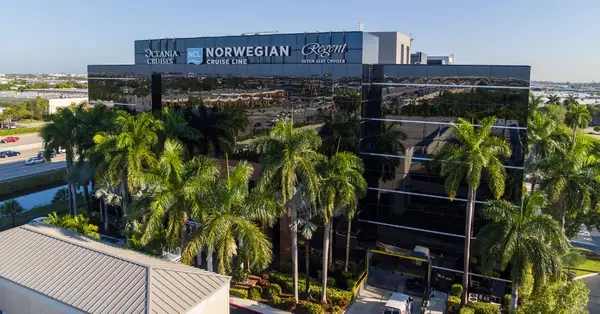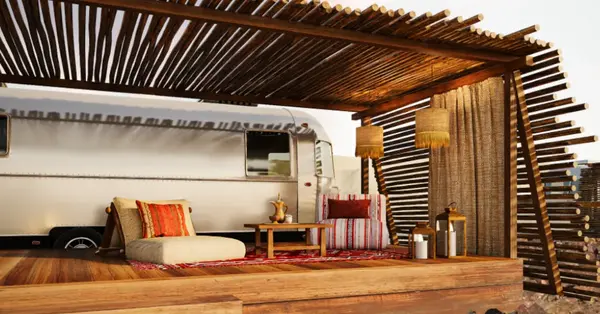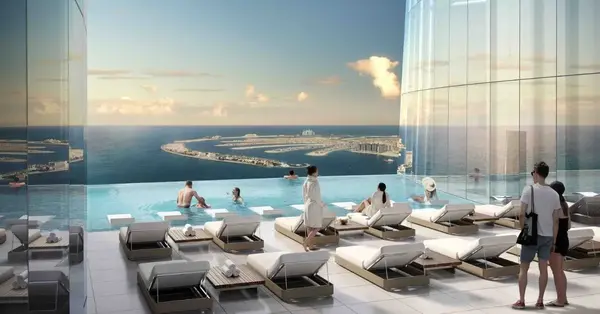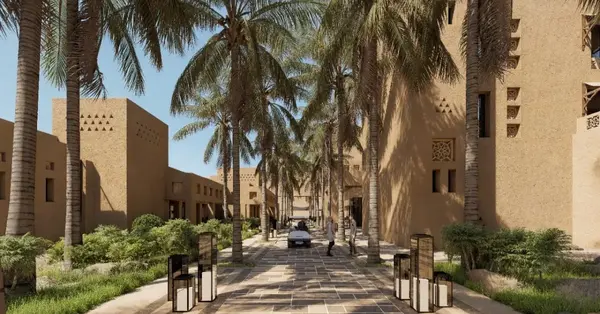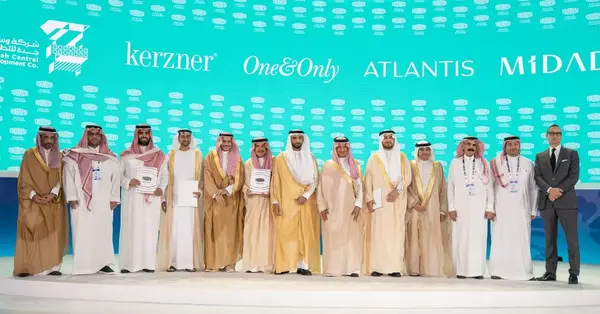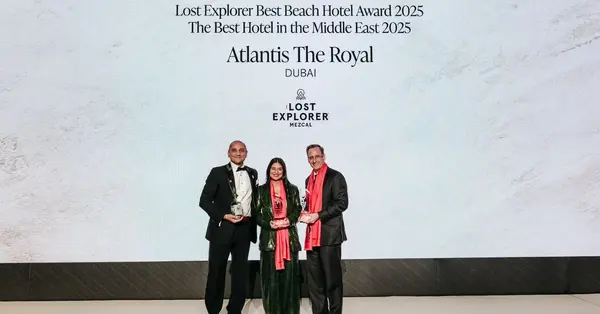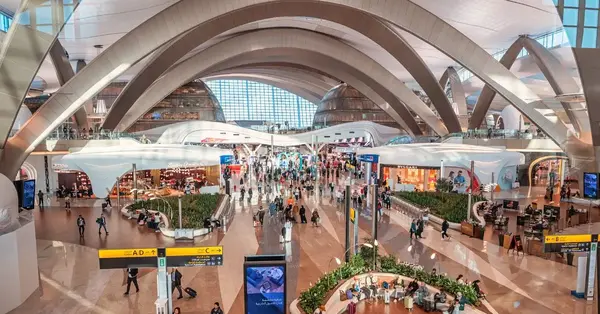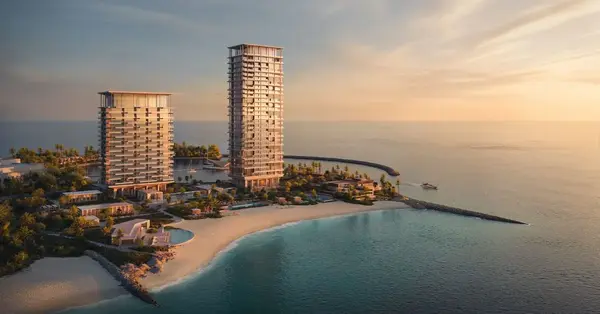Comment: Naim Maadad on making Gates Hospitality more sustainable

Chief executive and founder of the UAE's homegrown Gates Hospitality Naim Maadad leads a team of 700. Today, Gates Hospitality's portfolio includes Folly, Bistro Des Arts and Reform Social & Grill restaurants in the UAE, Reform Social & Grill in London and Six Senses Zighy Bay resort in Oman. Here, Maadad shares his action plan for sustainable hospitality.
The days where sustainability was viewed as just another trend are long gone. Instead sustainability is becoming something that's embedded across nations, businesses and individuals.
While the movement is very much on a roll, we have a responsibility in the hospitality sector, which contributes 8% of all greenhouse gas emissions, to keep driving, keep innovating and keep finding new ways to protect our planet.
With mangroves, pristine beaches, crystal clear oceans and rich wildlife that attracts millions of people from around the world, the UAE has more to lose than most.
Absorbing Cost
Being sustainable is rarely the cheapest option. When so much focus is on bottom line, it takes a conscious decision from business owners to choose to use products that cost a little bit more than their plastic alternative. Some do this more than most.
Six Senses Zighy Bay, for example, has a dedicated sustainability fund and even offsets carbon from a guest's stay at their own cost. In addition, it takes water from the sea for use throughout the resort and takes whatever measures are possible to be more sustainable.
While not all businesses have the resources to be able to go to these lengths, even the smallest of changes – be that switching to paper straws or improving waste segregation – can help.
A recent survey revealed that over 85% of consumers have shifted their purchase behaviour towards being more sustainable, so businesses in the sector must change themselves before consumer demands change.
Use Local Organic Produce
Sourcing local products doesn't only help from an environmental point of view, but also socially, as it helps support local businesses. Plus, I think we all agree that local produce tastes a lot better than produce that has crossed continents. And while the supply of crops in the desert has its challenges, the creation of menus must focus on seasonality, even if that means changing menus more times each year.
RELATED:
IATA launches new flight emissions calculator
Marriott's Mina Seyahi hotel complex to implement sustainable water solution
Atlantis Dubai's US$500,000 green investments paid off
Conserve Energy
Constantly evaluating which areas and spaces of your business are using the most energy is vital when it comes to helping the environment. Most importantly, it can be done without affecting the customer experience. Simple measures such as motion-activated lighting or dual flush toilets might not be new, but they can be planet-saving; as can switching to LED lighting or using solar panelled energy sources.
Educate Employees
Like anything, when implementing change, education is key. Our team might want to be sustainable, but some might not necessarily know how to be, and the onus is on business leaders to educate them. Sustainability needs to be embedded in a culture. At Six Senses Zighy Bay, there's a dedicated sustainability manager who works on educating guests and staff. While not all businesses will be able to have a sustainability manager in their staff structure, they will have individuals in their team that are more passionate than others. Empower them, set an example, and soon, you'll have workers who are competing with each other to find innovative ways to improve sustainability.
Six Senses Zighy Bay
You have viewed both of your 2 free articles this month as an unregistered user
To continue reading, please register with Connecting Travel free of charge, or if you have already registered click here to login



